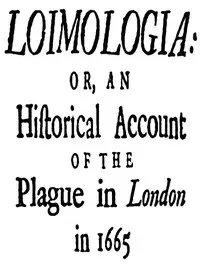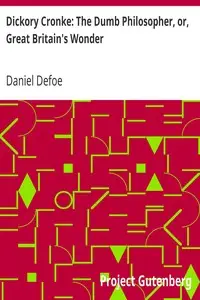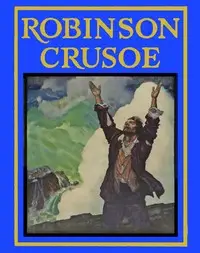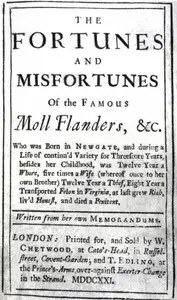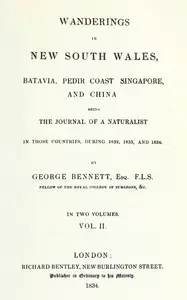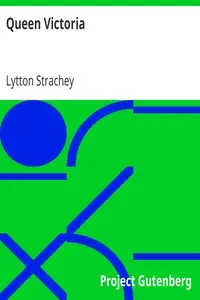"A Journal of the Plague Year" by Daniel Defoe is a story that puts you right into London in 1665, during the worst outbreak of the plague. Imagine reading the diary of someone who lived through it all: the terrifying spread of the disease, the fear that took over the city, and how everyone, from regular people to the government, tried to deal with it. The story kicks off with whispers of the plague coming from far away, then slowly shows how Londoners started to panic as more and more people died. You’ll experience the confusion, the desperate attempts to survive, and the superstitions that people turned to in a time of total uncertainty. It's a gripping look at a city in crisis, as told by someone who was right there in the middle of it.
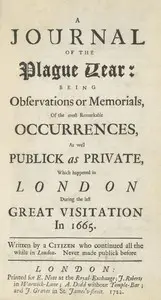
A Journal of the Plague Year Being Observations or Memorials of the Most Remarkable Occurrences, as Well Public as Private, Which Happened in London During the Last Great Visitation in 1665. Written by a Citizen Who Continued All the While in London
By Daniel Defoe
Experience a devastating moment in history as a lone citizen chronicles the terror, chaos, and struggle for survival during London's Great Plague.
Summary
About the AuthorDaniel Defoe was an English novelist, journalist, merchant, pamphleteer and spy. He is most famous for his novel Robinson Crusoe, published in 1719, which is claimed to be second only to the Bible in its number of translations. He has been seen as one of the earliest proponents of the English novel, and helped to popularise the form in Britain with others such as Aphra Behn and Samuel Richardson. Defoe wrote many political tracts, was often in trouble with the authorities, and spent a period in prison. Intellectuals and political leaders paid attention to his fresh ideas and sometimes consulted him.
Daniel Defoe was an English novelist, journalist, merchant, pamphleteer and spy. He is most famous for his novel Robinson Crusoe, published in 1719, which is claimed to be second only to the Bible in its number of translations. He has been seen as one of the earliest proponents of the English novel, and helped to popularise the form in Britain with others such as Aphra Behn and Samuel Richardson. Defoe wrote many political tracts, was often in trouble with the authorities, and spent a period in prison. Intellectuals and political leaders paid attention to his fresh ideas and sometimes consulted him.




